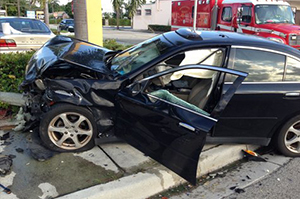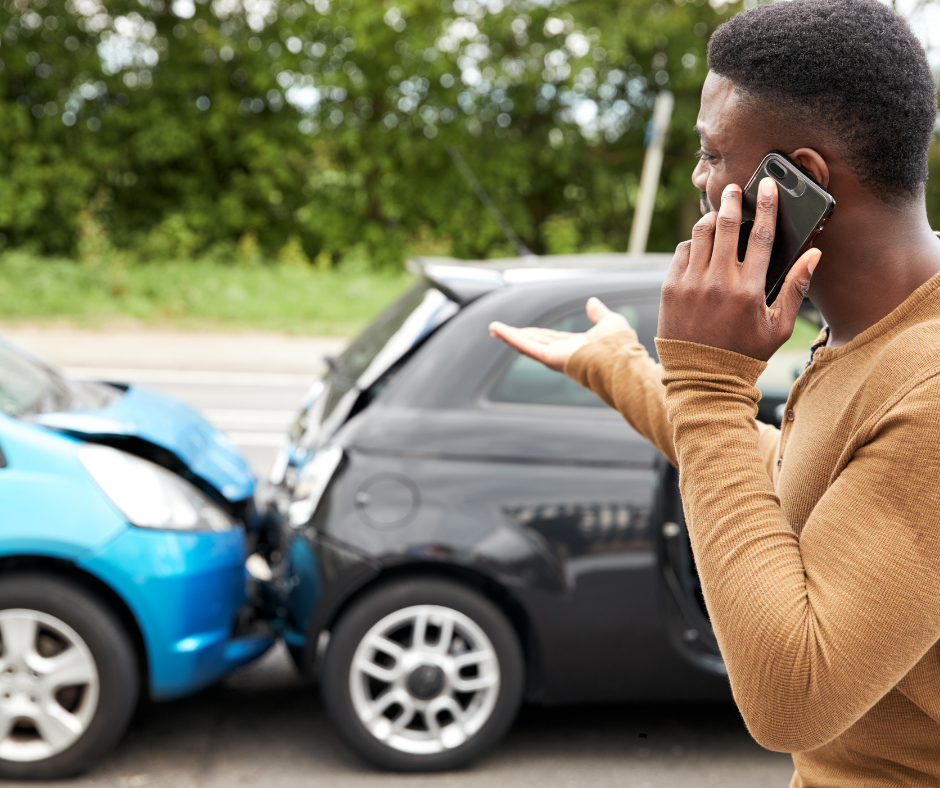By: Nicholas J. Roselli, Esq.
“Full Coverage” isn’t a type of automobile insurance coverage. Rather, it’s an often misleading expression typically used to describe a combination of different policy coverages. Depending upon where you reside and purchase your automobile insurance policy, “Full Coverage” can have different meanings.

Florida is a No-Fault State, where drivers are required to carry a minimum of $10,000.00 of Personal Injury Protection (P.I.P.) coverage, and $10,000.00 in Property Damage Liability (PDL) coverage. Regardless of fault, P.I.P. coverage will generally pay up to 80% of your medical bills for necessary medical treatment, and up to 60% of your lost wages. Your PDL coverage is for damage you or your vehicle cause to the property of others in an accident. However, Florida’s minimal PDL requirement of $10,000.00 is often insufficient for the property damage caused by a collision. Drivers must understand that carrying just the minimum requirements for auto insurance is far from having “Full Coverage”.
Unfortunately, Florida does not presently require drivers to carry Bodily Injury Liability coverage (B.I.). Unlike P.I.P. coverage, which pays for your own medical bills and lost wages, B.I. coverage is for injuries that you cause to others in an accident. B.I. coverage is essential for protecting your personal assets in the event that you cause an accident resulting in injuries to others. If you do not carry sufficient B.I. coverage on your auto insurance policy, you are certainly not “Fully Covered”.
Florida also does not require drivers to carry Uninsured/Underinsured Motorists Coverage (U.M.). Under Florida Law, if your policy has B.I. coverage, U.M. must be offered to you by your Insurance provider and you must either accept or reject this coverage in writing. U.M. coverage can cover your own medical expenses and lost wages not fully paid by your P.I.P., in the event that you are injured in a collision caused by a driver who has no B.I. coverage or insufficient coverage. U.M. is the type of coverage that drivers who believe they are “fully covered” are most surprised to learn they rejected when they purchased their policies. With Florida ranking second in the nation for uninsured drivers, U.M. is an essential policy coverage.
Collision and Comprehensive Coverage are additional voluntary coverages, generally necessary for you to consider yourself “Fully Covered”. Collision coverage provides for repairs or replacement of your own vehicle after an accident, regardless of fault. Comprehensive Coverage is for damage to your vehicle caused by an event other than a collision, such as fire, theft or vandalism.
There are multiple other voluntary coverages which can be purchased to provide added protection to policy holders. Florida drivers must understand that only having the mandatory minimum coverages required in Florida, will not even come close to having them “Fully Covered” for the significant injuries and damages that can occur from an Automobile Accident.
For more information regarding Automobile Insurance Coverage in Florida or for a free evaluation of your existing coverage, don’t hesitate to contact Attorney, Nicholas J. Roselli, at the Law Offices of Roselli & McNelis.

